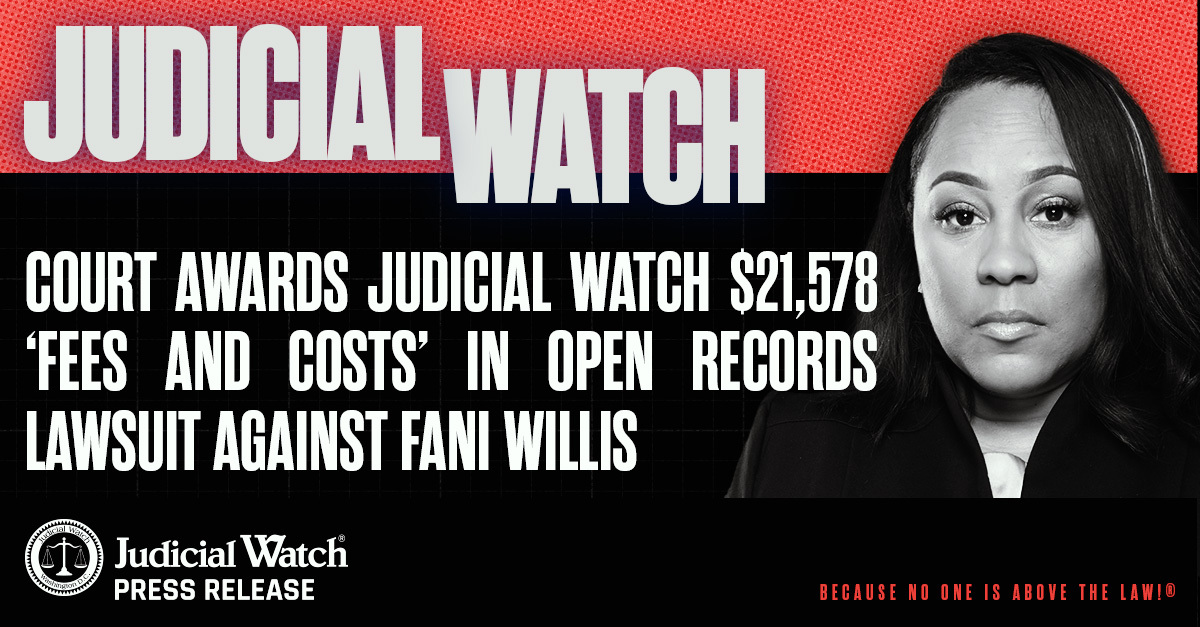

DHS: Inept $1 Billion Bioterror System Is All We Have
After squandering a billion dollars—87 million in the last year alone—on a useless system to detect biological attacks, the Department of Homeland Security (DHS) insists on wasting more money on the flawed program because the government has no back up plan to deal with bioterrorism.
It’s only taken 12 years and an enormous waste of public funds to figure out that the faulty system, known as BioWatch, can’t get the job done. Nevertheless, DHS apparently believes that it may eventually work properly if taxpayers keep throwing cash at it. One senior DHS official, Jim H. Crumpacker, tries to justify further investing in BioWatch by stressing that bioterrorism “remains a continuing threat to the security of our nation” and BioWatch is the government’s only “biosurveillance system designed to detect the intentional release of select aerosolized biological agents.”
The unbelievable revelation came in a scathing federal audit, released this week by the investigative arm of Congress, the Government Accountability Office (GAO), of the failed biosurveillance system. Congressional investigators are recommending that the government “not pursue upgrades or enhancements” for BioWatch “until it reliably establishes the system’s current capabilities,” which it has failed to do in a dozen years. Furthermore, the GAO report says that DHS “lacks reliable information about the system’s technical capabilities to detect a biological attack.” In other words, it’s a proven failure.
That hasn’t stopped DHS from continually touting it as a life-saving technology that can detect pathogens that cause anthrax, tularemia, smallpox, plague and other deadly diseases. The early detection of a biological attack is an essential part of an effective biodefense posture, DHS asserts. The reality is that BioWatch is best known for false alarms and other glitches. The system is such a joke that state and local authorities don’t bother ordering evacuations when its alarm triggers. In fact, federal agencies documented 56 false alarms in just a few years yet DHS keeps spending large sums to keep BioWatch alive and the agency plans to continue investing billions more if Congress doesn’t stop it.
The scary part is that this defective program is the nation’s best bet to defend against a biological terrorist attack, a very realistic threat considering the meteoric rise of the Islamic State of Iraq and Greater Syria (ISIS). BioWatch was introduced with tremendous grandeur by President George W. Bush in 2003. The system includes hundreds of units that collect air from public places in dozens of urban areas. Samples are sent to a lab that tests for dangerous pathogens that terrorists may use in an attack against civilians. But the costly air samplers are not reliable when it comes to detecting an attack, the GAO found.
Incredibly, DHS shamelessly continues defending this outrageous boondoggle by claiming that it provides public health officials with a warning of potentially hazardous biological agent release before exposed individuals develop symptoms. Crumpacker, the senior DHS official assigned to defend the GAO’s blasting, writes in the agency’s response to the report that “it is important to recognize levels of uncertainty and limitations are inherent in any complex technical system.” He also informs congressional investigators that the “intersection of homeland security and public health” is “sometimes complex.” Not to mention very expensive. Seriously, though, Crumpacker verifies that “BioWatch is a key part of the nation’s layered approach for protection against a catastrophic biological terror attack.” This is chilling considering it’s repeatedly proven over a dozen years that it does not work.
BioWatch and its colossal price tag have been on Judicial Watch’s radar for years. Back in 2012 JW reported that DHS refused to provide congressional leaders with records of the controversial system, outraging both Democrats and Republicans demanding accountability from then DHS Secretary Janet Napolitano. The lawmakers, who at the time chaired the House Energy and Commerce Committee and the Oversight and Investigations subcommittee, said in a letter to Napolitano that her agency’s inadequate response to their request for BioWatch records raised serious questions about the department’s “willingness to cooperate with efforts to ensure the success of the BioWatch program and transparency about its potential failures.”















